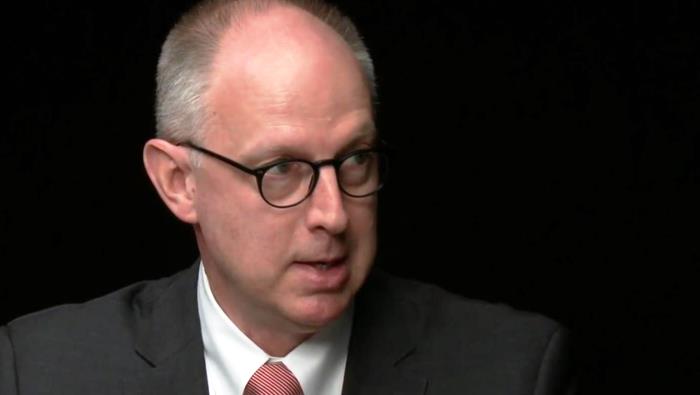The IFC Talks Emerging Markets
David Wilton, CIO of the International Finance Corporation (IFC), mapped out for Privcap in a recent interview his firm’s mandate with regard to the emerging markets. He spoke at length about changes to the India and China markets, and why pockets of frontier-like growth remain in these otherwise very emerged markets.
Since 2000, the World Bank’s private equity arm, the IFC, has backed private equity managers in emerging and frontier markets across world.
It has been an early and significant investor in the now-robust private equity markets of China, India and Brazil. Today, the IFC is busy in less-developed markets like Indonesia, the Philippines and Thailand. The IFC intends to commit $500 million a year to achieve its goals of capital-markets development in key markets.
Evolving Mandate
A key goal of the World Bank is development and job growth in the developing world. The development of local private equity markets is seen as being key to this goal as it funnels capital to entrepreneurs and helps in the development of local capital markets.
The IFC’s mission has been largely successful in the larger markets like China and India—so successful in fact that the IFC has seen fit to withdraw as an investor in the many well developed managers in these regions. However, Wilton offered his views on the new dynamics in these markets. In China, Wilton has witnessed the transition from state-level socialist intervention to a more efficient market economy. A “generational change,” according to Wilton, is causing control positions to open up for off-shore buyers with the wherewithal to access them. The generational deal-flow is in part attributable to China’s long-established one-child policy, creating even more pressure on founders. “In these evolving markets, you always get a surprise, and that’s been one of them,” he said.
In India, the IFC has watched giant conglomerates slowly become open to selling parts of their empire. Like China, there has been an increased availability post-crisis of control positions for GP’s. Pre-crisis, division sales were “just not a part of their culture,” said Wilton. This is also owing to a concurrent increase in competitive pressure to consolidate. More and more, “there is no loss of prestige with portfolio wealth. So exiting a company is becoming less psychologically difficult.”
Once commercial money is seen entering a local market, the IFC considers its mission complete and redirects its attention to other interesting opportunities in the region.
Frontier Markets
While Shanghai and Mumbai may not be in need of the IFC’s capital as much as these markets once were, the IFC has been active in the under-penetrated portions of the Pacific Rim. While some countries have graduated from their dependency on IFC investment, others are still showing deal flow capable of absorbing further incoming capital. The Philippines and Thailand are among those attractive markets. The IFC is also in the first phase of vetting possible control positions in Myanmar after its transition from military rule. “There are two sets of issues. One is just: Is there enough deal-flow suitable for private equity?
Another is the extent of [political] exposure.” Until the IFC has gained clarity on these two issues, the verdict is still out on the appropriate level of private equity investment in Myanmar. Vietnam has become less attractive for the IFC in recent years, as the Vietnamese government continues to mishandle its accession to the WTO, and various other macro issues prevent the free flow of private equity deals. But Wilton remains optimistic. “We think that’s going to fix itself… So Vietnam remains of interest.”
A key strategy of the IFC has been to identify sub-regions within big countries like China, India and Brazil that can still benefit from more private equity capital and therefore warrant support from the IFC. Says Wilton of China: “We just decided last year to start expanding, trying to find opportunities in the far west and the far north.”
Since 2000, the World Bank’s private equity arm, the IFC, has selectively backed frontier markets across the developing world.
